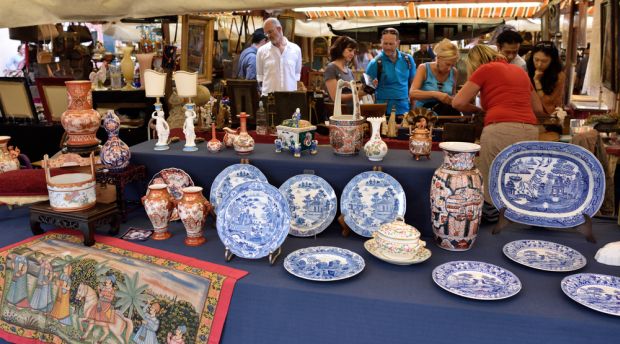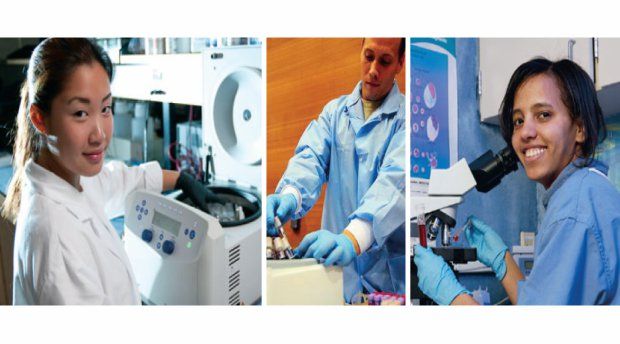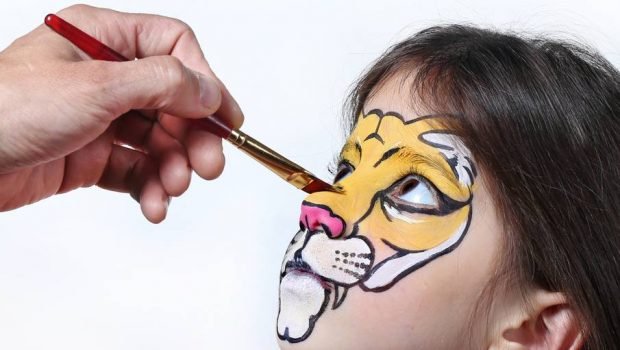Inventor Jobs and Inventor Job Description: Do You Want to Be an Inventor?
Post Views 961The private inventor is one of the icons of American history, industriously working to create new products for the American public. Many of the commonplace products of today were the brainchildren of inventors. The images of Alexander Graham Bell inventing the telegraph and Thomas Alva Edison inventing the light bulb in relatively primitive labs are firmly imbedded in American mythology (even though Bell was Canadian). To a large extent, those heady frontier days are over. Engineering and development costs have increased dramatically, and invention today more often occurs in corporate labs and research and development departments, but 20 percent of U.S. patents are issued each year to private inventors. A skilled inventor can still turn good ideas into significant sums of money, with the satisfaction of reaping the benefit of his own labors. There are great rewards in designing a product that is better than any that have come before it.
In addition to being creative, successful inventors must also be effective businesspeople. Developing a useful product is only the first step in the process. The inventor must also be able to negotiate a favorable licensing contract with an established manufacturer, or have the wherewithal to become an entrepreneur and go into the business of manufacturing her ideas herself. Designs must be developed which avoid infringing on existing patents, and they must themselves be protected from others who would copy them. Knowledge of the field in which an invention lies makes an inventor’s life much easier, both in developing new products and assessing the value of inventions as they are developed.
As a full-time career, invention provides an uncertain living for all but the most talented. Developing new products is time-consuming and often expensive, and income doesn’t start to flow until a marketable prototype is ready. Many work part-time as inventors, spending the rest of their time in jobs as engineers, corporate research scientists, or in academia. Still, a good idea can be worth pursuing; some of today’s most successful companies were founded in basement workshops.
Paying Your Dues
With rare exceptions, a background in science or engineering is a must. Many private inventors spend years working as designers for private corporations before they develop the ideas that let them set out on their own. Experience in product design and development is crucial, as is knowledge of the new product’s potential market. Years working in industry or in academic research are the best methods to acquire the skills of the successful inventor.
Associated Careers
Many inventors continue to work as research scientists and engineers while they develop their ideas, and these are the fields that most return to if they are unable to support themselves as inventors. Many return to inventing over and over again, accumulating successes and failures over many years. The first idea an inventor develops is often not his best idea, and the experience gained with each try can be invaluable to later efforts.
Past And Future
Archimedes is the first legendary engineer. The notebooks of Leonardo da Vinci contain visionary sketches and plans for literally hundreds of devices–though many, such as his designs for submarines and flying machines, were beyond his ability to actually “invent” them. In more modern times, invention became central to the American self-image with the onset of the industrial revolution, when improved mass manufacturing techniques made it possible to rapidly make fortunes off a design for a useful new product. In turn, large manufacturing corporations arose, themselves often built on the profits of the inventions of private inventors, and built up the large research and development staffs who have largely displaced the role of the individual inventor. Every generation sees ideas too innovative or risky to be produced by large corporations, however, and inventor/entrepreneurs are likely to play a continuing role in the development of the American economy.
Quality of Life
Two Years Out
Two thirds of all inventors never see any profits from their creations. By the two-year mark, the inventor is either making money–whether through a licensing agreement or private manufacture–or should be considering another line of work. These first two years are the hardest; developing an idea is perhaps the easiest part of invention, and many inventors find that developing business and distribution contacts is the most challenging aspect of the process.
Five Years Out
The inventor who is still working as an inventor at this point has probably succeeded in establishing manufacturing and distribution relationships. This makes it much easier to generate profits from additional inventions, and it allows the professional to spend more time focusing on inventing and less on pounding the streets looking for business contacts. Quality of life has likely improved significantly by this point.
Ten Years Out
By now, the inventor’s operation probably resembles a small business. If inventions have been profitable, additional researchers and business assistants may be employed, and the inventor has probably developed a stable market for her products. Very few inventors make it to this point, but those that do reap the rewards of owning and operating a business which allows them to make a living on their creations.
Professional Profile
| # of people in profession | 4,000 |
| % male: | N/A |
| % female: | N/A |
| average hours per week: | 60 |
Professionals Read
“The Patent Files” Column in NY Press
Technology journals in area of specialization
Invention
Books, Films and TV Shows Featuring the Profession
Back to the Future
The Road to Wellville
Edison
Tucker
Major Employers
| Library of Congress- Copyright Dept Register of Copyright Washington, DC 20559 Tel: 202-707-3000 |
U.S. Dept of Commerce; Patent Department Assistant Commissioner for Patents Washington, DC 20231 Tel: 800-786-9199 |
You’ll Have Contact With
Patent Attorneys
Production Managers
Researchers
Technicians
Major Associations
| American Society of Inventors P.O. Box 58426 Philadelphia, PA 19102-8426 Tel: 215-546-6601 |
Affiliated Inventors Foundation 902 North Circle Drive Suite 208 Colorado Springs, CO 80909-5002 Tel: 719-635-1234 Fax: 719-635-1578 |




 (6 votes, average: 3.33 out of 5)
(6 votes, average: 3.33 out of 5) 7 Jobs for People Who Want to Work in Tech but Aren’t an Engineer
7 Jobs for People Who Want to Work in Tech but Aren’t an Engineer  Becoming an Art Dealer: What it is Like Having a Career as an Art Dealer
Becoming an Art Dealer: What it is Like Having a Career as an Art Dealer  Jobs That Allow You to Work Remotely
Jobs That Allow You to Work Remotely  What Are the Different Types of Internships?
What Are the Different Types of Internships?  What Does a Medical Laboratory Technician Do?
What Does a Medical Laboratory Technician Do?  Profiles of People Who Work At Home
Profiles of People Who Work At Home  How to Ace a Dental Hygienist Interview
How to Ace a Dental Hygienist Interview  If You Love Halloween Consider These 6 Jobs
If You Love Halloween Consider These 6 Jobs